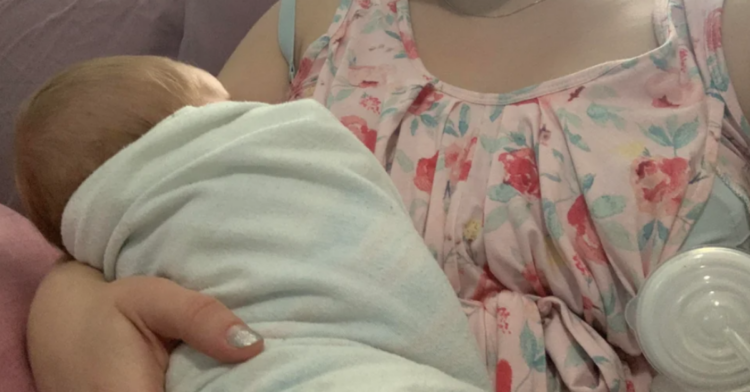One pearl of wisdom my mom has often repeated is, “No matter how perfect your idea is, it won’t stay that way once you involve people in it.”
And she’s right in the sense that no idea or system can possibly exist without being influenced by the biases of the people who either created it or who make it run every day. And when that system is in charge of an important part of our lives — the health care system, for example — those biases can matter a great deal.
But since we’re going to have to keep letting people run things, some pioneers have found ways to mitigate those biases and help those who have historically been underrepresented along racial and gender identity lines access care that’s relevant to them.
And for one British hospital, that involves reexamining how they address the challenges of parenthood for a wider range of patients.
On February 8, Brighton and Sussex University Hospital NHS Trust announced new guidelines for their staff that they determined to be more inclusive for transgender and non-binary parents.

As 7News reported , a statement from the hospital said, “We are proud to care for trans and non-binary (including agender, bigender and genderqueer) people as birthing parents and co-parents, and to celebrate and affirm their journey to parenthood.”
And one of the ways they’re seeking to do that is to introduce the terms “chest milk” and “human milk.”

According to KTUL , this reflects the fact that it’s medically possible for transgender men and non-binary people to become pregnant and produce milk.
What this functionally means is that this hospital’s staff are not operating under the assumption that words like “breast milk” and “maternity” are going to apply in all of the pregnancies they oversee.

Based on the wording of their announcement on Twitter, this means patients who visit this hospital may find themselves searching for a perinatal care ward instead of a maternity ward.
But if you step into this hospital and refer to yourself as a mother and your produced milk as “breast milk,” those will be exactly the terms you hear back from your doctor.

As KTUL reported, the hospital said these name changes “do not apply when discussing or caring for individuals in a one-on-one capacity where language and documentation should reflect the gender identity of the individual.”
In other words, they aren’t banning the term “breast milk” in the hospital but rather expanding the ways to refer to it on a case-by-case basis.
So if this news isn’t necessarily relevant to your needs, it’s not likely to introduce any significant change to your experience.
And so even doctors that don’t necessarily agree that this change is needed are emphasizing that it comes down to patient comfort.
![Image credit: Reddit | [deleted]](https://static.diply.com/owJYlCHBR844OwZvf6DJ.png)
As prenatal care and delivery specialist Dr. Cecilia Banga told KTUL, “I think it’s important to note that, regardless of the origin, it’s very important for infants to get milk that comes from humans. Depending on what we want to call it, breast milk, chest milk, human milk, that depends on the patient and what they are comfortable with.”
h/t: KTUL

















































